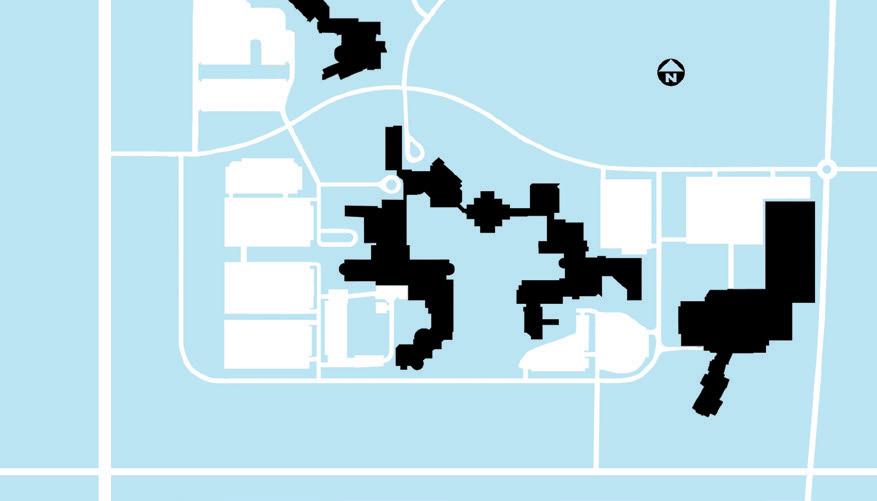
1 minute read
Michigan’s Prior Authorization Statute
What Clinicians Need To Know
Legislation was signed in April 2022 through the support of the MSMS-initiated and led Health Can’t Wait, a coalition with more than 50 healthcare, clinician, and patient advocacy organizations. This legislation puts more control back in the hands of clinicians and patients.
Advertisement
Public Act 60 of 2022 provides prior authorization (PA) reform with the goal of a quicker, more effective, and more transparent process. It does not repeal PA.
All provisions will be fully in effect as of June 1, 2023, including major components such as electronic submission and faster timelines.
These reforms apply to health care insurers (and their contracted third-party vendors) and healthcare professionals whose beneficiaries/patients have commercial insurance policies regulated by the Michigan Department of Insurance and Financial Services. They do not impact Medicaid, Medicare, Medicare Advantage, or self-funded plans.
Check insurers’ provider news, updates, portals, etc. to learn of any new processes related to online submission, appeals, eligibility, and PA requirements related to the law’s implementation.
Please review the key provisions below for additional details and requirements.
Electronic Submissions
Beginning June 1, 2023:
• Insurers must provide an online method through which practitioners can electronically submit PA requests for any benefits requiring PA, including prescription drugs. Facsimiles do not count as an acceptable method.
• Physicians and other health care professionals must submit PA requests electronically. The only exception is for a temporary technological or electrical failure.
Timeliness of Decisions
After May 1, 2024 fails to act after seven (7) calendar days
Valid for A minimum of 60 days or the length of time that’s clinically appropriate, whichever is longer
NOTE: If you are requested to provide additional information, it is important to do so as quickly as possible as the turnaround time noted above will reset and the insurer will be required to make a determination following the receipt of the additional information within the prescribed timelines for urgent or non-urgent requests.










